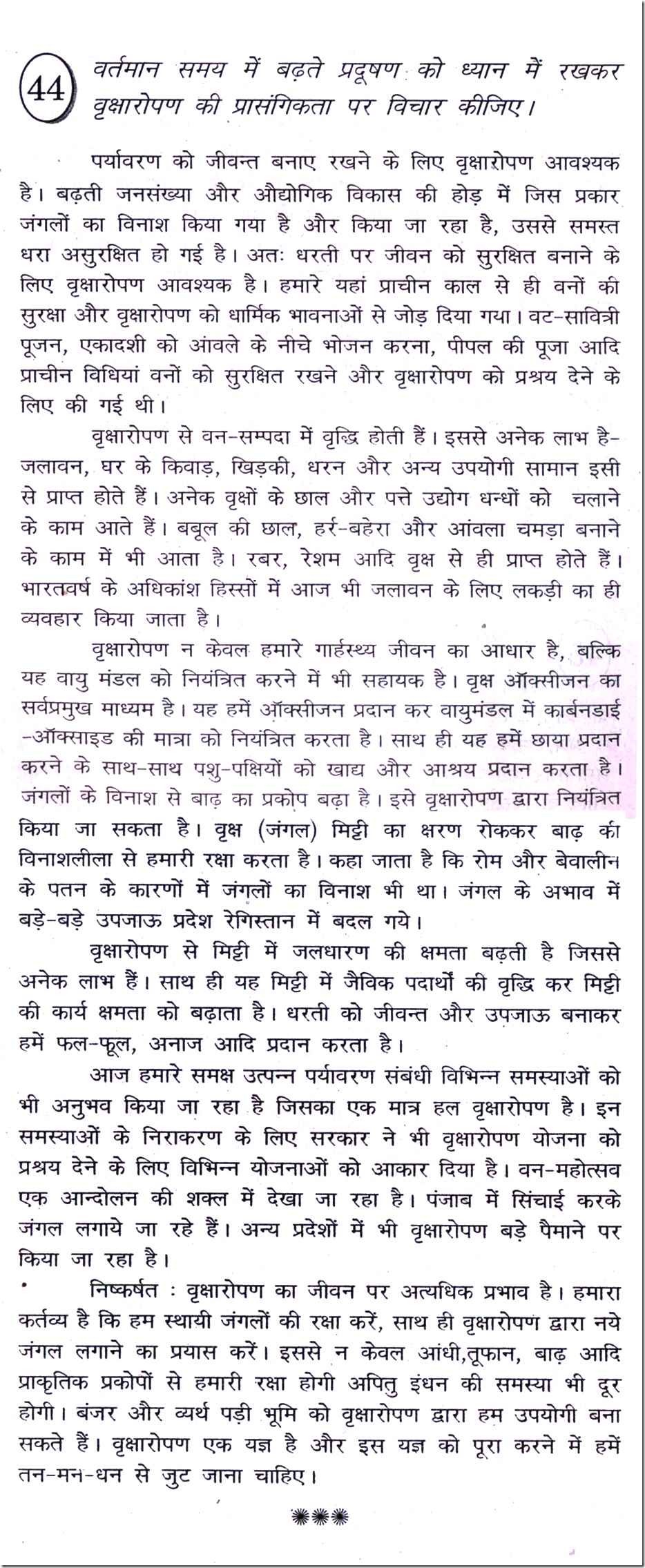Abbas Kiarostami's The Koker Trilogy (1987-94):Criterion.
Abbas Kiarostami first came to international attention for this wondrous, slyly self-referential series of films set in the rural northern-Iranian town of Koker. Poised delicately between fiction and documentary, comedy and tragedy, the lyrical fables in The Koker Trilogy exemplify both the gentle humanism and the playful sleight of hand that define the director’s sensibility. With each.
ABBAS KIAROSTAMI: THE KOKER TRILOGY AND MORE. THROUGH THE OLIVE TREES. This fall, the Cinematheque presents new restorations of the three films that firmly cemented the reputation of Iran’s Abbas Kiarostami (1940-2016) as one of the world’s leading cinema artists. Eventually known as “The Koker Trilogy,” these films Where is the Friend's House?, And Life Goes On, and Through the Olive.

Kiarostami’s Koker trilogy doesn’t begin in a meta way. 1987’s Where is the Friend’s Home? is a straightforward work of humanism: a child attempts to return his friend’s notebook, fails to find where he lives, and finishes the homework himself, earning high marks from the teacher and ensuring that his friend stays in school. A simple act of generosity, a relatable gesture of.

Abbas Kiarostami first came to international attention for this wondrous, slyly self-referential series of films set in the rural northern-Iranian town of Koker. Poised delicately between fiction and documentary, comedy and tragedy, the lyrical fables in The Koker Trilogy exemplify both the gentle humanism and the playful sleight of hand that define the director’s sensibility.

The most acclaimed and influential of Iran’s major filmmakers, Abbas Kiarostami, was born n Tehran on June 22, 1940. Raised in a middle-class household, he was interested in art and literature from an early age. During and after university, where he majored in painting and graphic design, he illustrated children’s books, designed credit sequences for films, and made numerous television.

A good chunk of “Through The Olive Trees” (1994), the third film in the Koker Trilogy (which isn't exactly a trilogy, but let's worry about that later) depicts the efforts of a director to shoot a single scene from his film-within-a-film. Plenty of directors have made movies about the film-making process before, but these particular sequences are a tad more complicated than most. You see.

The Koker Trilogy is a key set of works from a crucial film artist, and it’s a reminder of his quality after the disappointing swansong that was 2017’s tiresome 24 Frames. With this trilogy, we are watching an auteur at the top of his game, blending reality and artifice in such a way that it forces us to question the very constitution of life outside the frame. Few have had such control.

In a series of interviews with grade-school boys on the topic of homework, much is revealed on the topic of life. With shorts Breaktime and Orderly or Disorderly. ABC Africa. Friday, November 22 4 PM; Abbas Kiarostami Iran, France, 2001 For his first film shot outside Iran, Kiarostami went to Uganda to document the reality of children orphaned by AIDS. What he found was a network of widows.

The first film in Abbas Kiarostami’s sublime, interlacing Koker Trilogy takes a simple premise—a boy searches for the home of his classmate, whose school notebook he has accidentally taken—and transforms it into a miraculous child’s-eye adventure of the everyday. As our young hero zigzags determinedly across two towns, aided (and sometimes misdirected) by those he encounters, his quest.

Iranian master Abbas Kiarostami's poetic trilogy of tales that blend reality and fiction. Abbas Kiarostami (Taste of Cherry) first came to international attention for this wondrous, slyly self-referential series of films set in the rural northern-Iranian town of Koker. Poised delicately between fiction and documentary, comedy and tragedy, the lyrical fables in The Koker Trilogy exemplify both.

As he sat down to his homework, young Ahmed (Babek Ahmadpour) realized that he had accidentally taken a classmate's notebook. Unaware of the other boy's address in the neighboring village--and fully aware that he'd face expulsion for having lost the notes--Ahmed embarked on a determined door-to-door hunt to try and bring them back. Wonderful rumination on youth and duty from Abbas Kiarostami.
Abbas Kiarostami filming Certified Copy (2010) The problems for some are the pace and tone of his films. If you’re used to the wham-bam cutting and heightened characterisation and narrative tropes favoured by Hollywood and other populist cinemas, Kiarostami’s quieter, more quizzical and contemplative approach to storytelling may take some getting used to.

Abbas Kiarostami (Taste of Cherry) first came to international attention for this wondrous, slyly self-referential series of films set in the rural northern-Iranian town of Koker. Poised delicately between fiction and documentary, comedy and tragedy, the lyrical fables in The Koker Trilogy exemplify both the gentle humanism and playful sleight of hand that define the director’s sensibility.



